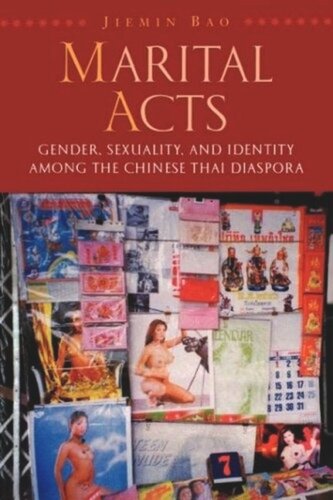

Most ebook files are in PDF format, so you can easily read them using various software such as Foxit Reader or directly on the Google Chrome browser.
Some ebook files are released by publishers in other formats such as .awz, .mobi, .epub, .fb2, etc. You may need to install specific software to read these formats on mobile/PC, such as Calibre.
Please read the tutorial at this link: https://ebookbell.com/faq
We offer FREE conversion to the popular formats you request; however, this may take some time. Therefore, right after payment, please email us, and we will try to provide the service as quickly as possible.
For some exceptional file formats or broken links (if any), please refrain from opening any disputes. Instead, email us first, and we will try to assist within a maximum of 6 hours.
EbookBell Team

4.8
94 reviewsSucceeding waves of migration, from China to Thailand and from Thailand to the United States, have helped shape the identities of three generations of diasporic Chinese Thai. In this exciting new study, Jiemin Bao focuses on how cultural identities--as seen through the lens of marriage--play a central role in the formation of cultural citizenship. By challenging models of cultural identity that separate gender, sexuality, and class into discrete domains of analysis, Bao examines the competing roles of sex/gender, class, and race/ethnicity in shaping the ongoing construction of Chinese Thai identities in contemporary Bangkok and the San Francisco Bay area.
Marriage has long been treated as a mechanism of assimilation in the anthropological literature on diasporic Chinese: the Chinese "minority" is absorbed into the dominant "majority" through intermarriage. Bao approaches marriage differently, viewing it not only as an institution that fosters and reproduces fundamental ideas of masculinity and femininity, but also as a site where the various categories of ethnicity, class, gender, and sexuality--the stuff of identity--intersect. Through a fine-grained analysis of the lives of men and women and the language that three generations use to talk about their experiences in different locales, Bao powerfully demonstrates how masculine and feminine identities are both classed and ethnicized in Thailand and the United States. Nuanced and provocative, Marital Acts shows how diasporic Chinese are both self making and being made, not once, but twice--first in the society in which they are born and second in the society to which they migrate.